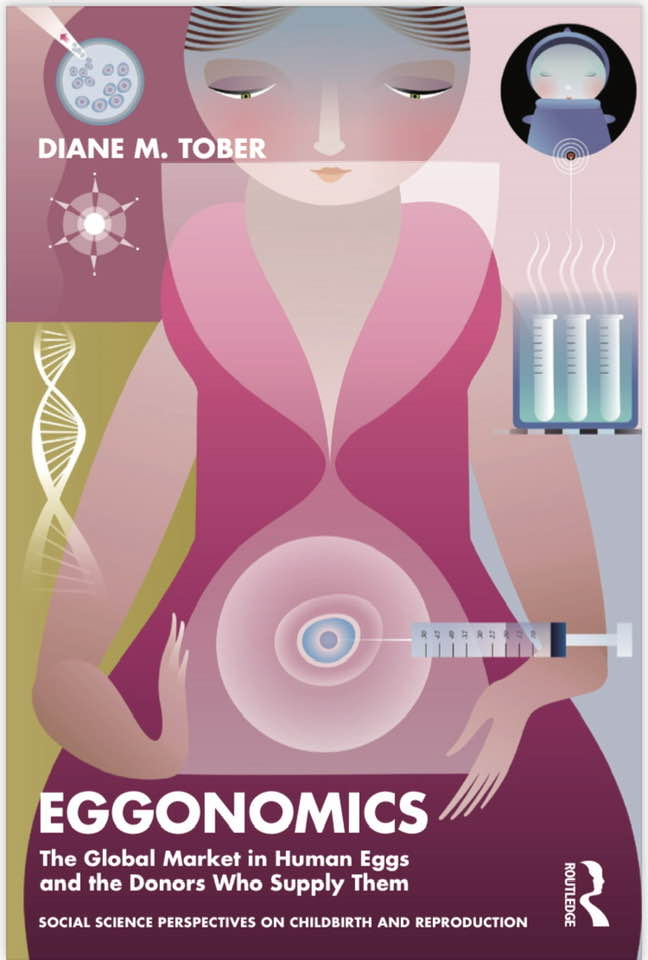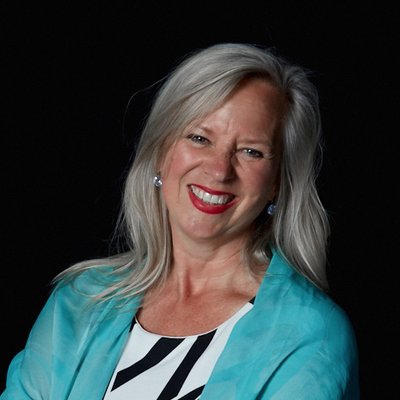 Diane Tober pulls back the clinical curtain on the multibillion-dollar global egg industry in her new book coming out in October. A medical anthropologist recently tenured at the University of Alabama, Tober has conducted the first study of egg donors and reveals the introduction of private equity into fertility medicine.
Diane Tober pulls back the clinical curtain on the multibillion-dollar global egg industry in her new book coming out in October. A medical anthropologist recently tenured at the University of Alabama, Tober has conducted the first study of egg donors and reveals the introduction of private equity into fertility medicine.
The recent Alabama Supreme Court decision, which upended IVF procedures at the teaching hospital in Birmingham where Diane teaches, punted fertility medicine like a political football. And the rights of women who can afford the out-of-pocket medical expenses starting at $40K to harvest their own eggs and insert fertilized eggs into her own uterus, found quick defense in popular opinion. But what of egg donors who undergo the same medical procedure of hormonal stimulation and egg retrieval for intended parents whose fertility issues prevent them from conceiving a child without medical intervention? They too might get a pass from the public. But what of the women who sell their eggs? They might be called donors, but they receive financial compensation.
What happens when women are reduced to the value of biomedical products?
 Tracing the journey of egg donors from recruitment, screening, medical procedures, and post-operative care, Tober lets these women speak about their role in supplying valuable commodities. Her fieldwork in the US and Spain explores the clinical spaces where egg donors’ bodies are tested, prodded, and poked for ever-increasing sums of profit. Technological innovations allowed the egg donation industry to grow with exponential profits attracting private equity investments in the global market and creation of egg banks. Technological innovations have upended anonymity of donors and the rights of donor-conceived persons to access parental information. Eugenic forces drive donor selection, and the unrelenting pressures of global capitalism threaten doctors’ first obligation to do no harm. One cost of egg donation may be the donor’s own fertility.
Tracing the journey of egg donors from recruitment, screening, medical procedures, and post-operative care, Tober lets these women speak about their role in supplying valuable commodities. Her fieldwork in the US and Spain explores the clinical spaces where egg donors’ bodies are tested, prodded, and poked for ever-increasing sums of profit. Technological innovations allowed the egg donation industry to grow with exponential profits attracting private equity investments in the global market and creation of egg banks. Technological innovations have upended anonymity of donors and the rights of donor-conceived persons to access parental information. Eugenic forces drive donor selection, and the unrelenting pressures of global capitalism threaten doctors’ first obligation to do no harm. One cost of egg donation may be the donor’s own fertility.
Timely, meticulously researched, and written with surgical precision, Eggonomics offers an eye-opening account of the future of fertility medicine.
Coming this fall from Routledge Press is Eggonomics: The Global Market in Human Eggs and the Donors Who Supply Them.
